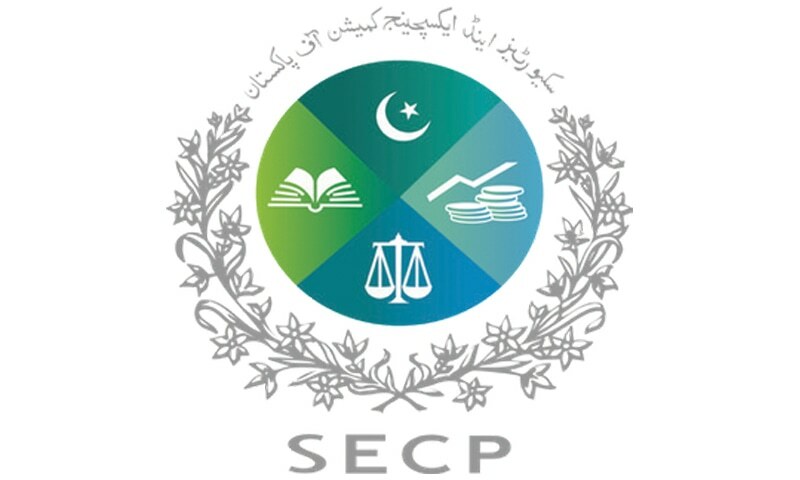Introduction:
Establishing a subsidiary company in Pakistan offers numerous advantages for local and foreign investors alike. A subsidiary is a separate legal entity that is controlled by another company, referred to as the parent company. This guide will provide a detailed overview of the registration process for a subsidiary company in Pakistan, including relevant definitions, examples, case studies, and a conclusion.
Definitions:
Subsidiary Company:
A subsidiary company is a legal entity that is controlled by another company, known as the parent company. The parent company owns a majority of the subsidiary’s shares, enabling it to exercise significant influence or control over its operations.
Parent Company:
The parent company is the controlling entity that owns a majority of the shares in the subsidiary company. It exercises control over the subsidiary’s operations, strategic decisions, and financial matters.
Pakistan Company Law:
The Companies Act, 2017 governs the registration, operation, and management of companies in Pakistan. It outlines the legal framework for establishing and maintaining subsidiary companies.
Registration Process:
Name Reservation:
a. Choose a unique and suitable name for the subsidiary company.
b. Submit an application to the Securities and Exchange Commission of Pakistan (SECP) for name reservation.
c. Upon approval, the name will be reserved for a period of 60 days.
Preparation of Incorporation Documents:
a. Prepare the Articles of Association (AOA) and Memorandum of Association (MOA) for the subsidiary company. These documents define the company’s objectives, internal rules, and regulations.
b. Obtain the AOA and MOA forms from the SECP website and fill them out accordingly.
c. The AOA and MOA must be signed by the company’s promoters and witnessed by two individuals.
Submission of Documents:
a. Prepare the required documents, including the AOA, MOA, Form 1 (Declaration of Compliance), and Form 21 (Notice of Situation of Registered Office of the Company).
b. Submit the documents along with the prescribed fee to the SECP for registration.
Obtaining Certificate of Incorporation:
a. The SECP will review the submitted documents and, upon approval, issue a Certificate of Incorporation.
b. The Certificate of Incorporation signifies the establishment of the subsidiary company and its legal status.
Examples:
ABC Corporation, a multinational company, establishes a subsidiary in Pakistan named ABC Pakistan (Pvt.) Ltd. The parent company owns 100% of the shares in the subsidiary and exercises control over its operations.
XYZ Group, a local conglomerate, forms a subsidiary named XYZ Energy Solutions (Pvt.) Ltd. The subsidiary focuses on providing renewable energy solutions and is wholly owned by XYZ Group.
Case Studies:
Case Study: Coca-Cola Beverages Pakistan Limited
Coca-Cola, a global beverage company, establishes a subsidiary in Pakistan.
The subsidiary is named Coca-Cola Beverages Pakistan Limited.
The parent company owns a majority of the shares in the subsidiary.
Coca-Cola Beverages Pakistan Limited operates independently while adhering to the parent company’s standards and guidelines.
The subsidiary contributes to the local economy, provides employment opportunities, and supports sustainable development initiatives.
Case Study: Unilever Pakistan Limited
Unilever, a multinational consumer goods company, establishes a subsidiary in Pakistan.
The subsidiary is named Unilever Pakistan Limited.
Unilever Pakistan Limited manufactures and distributes various consumer products in the country.
The subsidiary operates with a strong focus on social responsibility, sustainability, and community development.
Unilever Pakistan Limited’s presence in the market has contributed to economic growth and the creation of numerous job opportunities.
Conclusion:
Registering a subsidiary company in Pakistan involves a structured process governed by the Companies Act, 2017. By following the outlined steps, entrepreneurs and investors can establish subsidiaries that contribute to economic growth, job creation, and market development. Examples and case studies of prominent subsidiary companies operating in Pakistan demonstrate the positive impact such entities can have on the local economy. Overall, the registration of a subsidiary in Pakistan provides a viable pathway for business expansion and investment opportunities.




